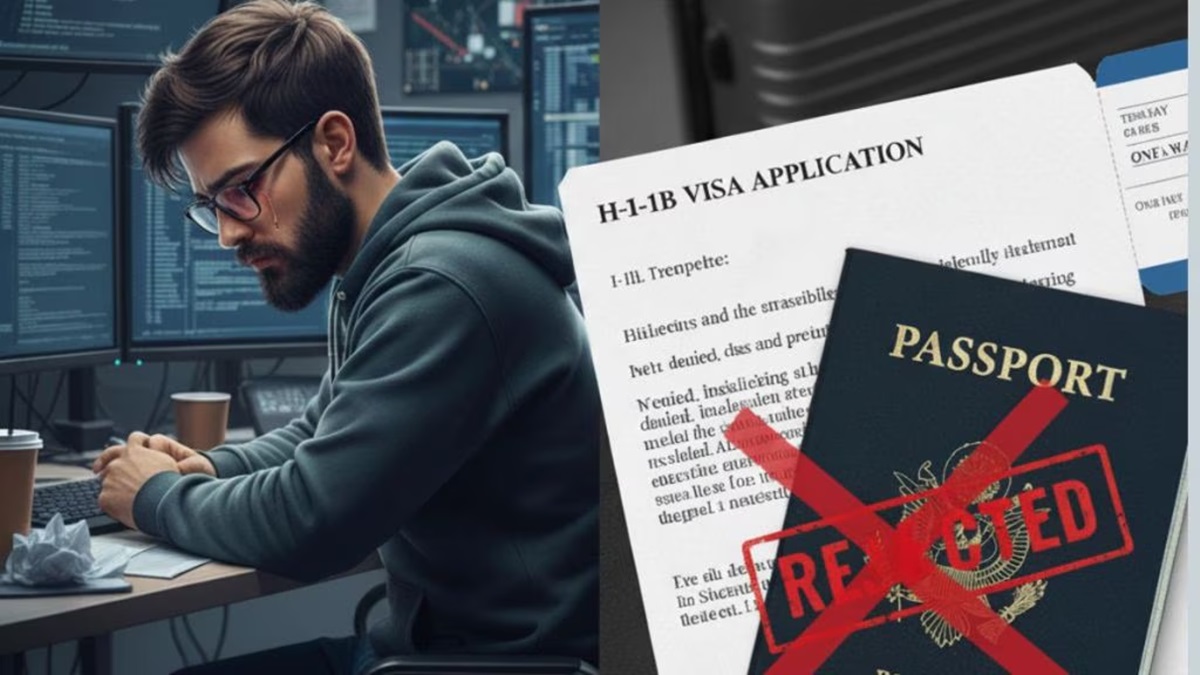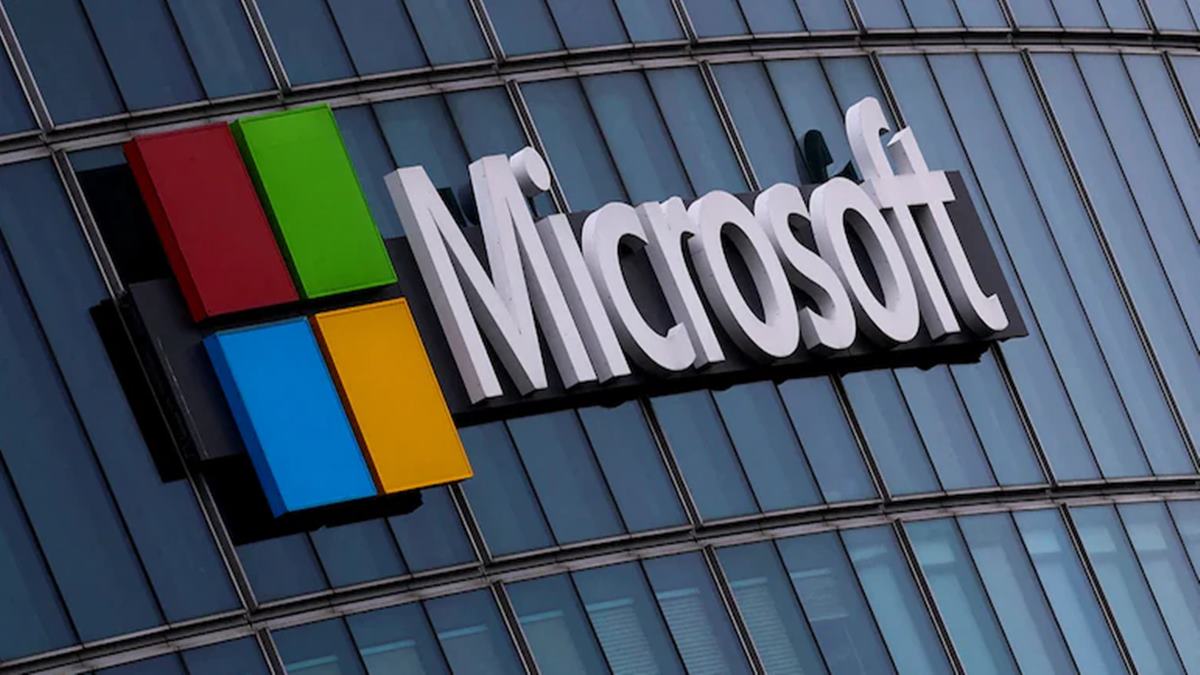The Workplace Fairness Act (WFA) came into effect this year, establishing Singapore’s first statutory framework to combat workplace discrimination.
For HR leaders, the law has already raised expectations: grievance procedures must now be demonstrably fair, consistent, and respectful of employee privacy.
At the same time, the Personal Data Protection Act (PDPA) continues to govern the collection and use of employee information.
Together, the two laws create overlapping responsibilities that employers must manage carefully.
Failure to get this right carries risks beyond fines. Mishandled grievances can undermine employee trust, trigger claims of bias, and damage reputations in a tight labour market where employees are increasingly aware of their rights.
As Lucas Nicolet-Serra, counsel at K&L Gates Singapore, explains, HR leaders cannot afford to treat grievance handling as an afterthought.
Compliance with both the WFA and PDPA now defines whether organisations are seen as credible, fair, and trustworthy.
Balancing transparency and privacy
“There is a tension between the transparency and fairness required when handling grievances and the need to respect the privacy of employees involved. HR leaders must ensure that the process is fair and well documented, while also taking care not to unnecessarily disclose personal data,” Nicolet-Serra says.
This means HR should map out in advance who has access to grievance information, how details are shared, and how long records are stored.
Practical steps include anonymising non-essential details, setting clear reporting lines, and restricting files to role-based access.
“Transparency is key to showing that the process is fair,” he adds.
“But HR must also be mindful of data minimisation under the PDPA, meaning that only information strictly necessary for the grievance should be shared.”
Legal expectations under the WFA
The WFA will raise the bar for grievance handling.
“The WFA creates a legal framework that requires employers to handle discrimination complaints properly, with clear processes and accountability,” he says.
“HR cannot afford to take a casual approach to grievances once the Act takes effect,” he explains.
He warns that informal or inconsistent approaches will be risky.
“If an organisation has no clear grievance policy or if complaints are handled inconsistently, this could be used as evidence against them.”
For HR, compliance means having a written grievance procedure that is communicated to all employees and reviewed regularly.
Each case must be handled against this standard, with deviations documented and justified.
Documentation as a defence
“Documentation is critical. Without proper records, it will be very difficult for an employer to defend itself against claims under the WFA,” Nicolet-Serra says.
He advises HR to capture both the steps taken and the reasons behind them.
“HR should keep contemporaneous notes of the steps taken, the evidence reviewed, and the reasons for decisions. This not only supports the fairness of the process but also provides the best protection if the matter escalates to mediation or litigation.”
This means HR should maintain templates for grievance records, ensure notes are signed and dated, and store them securely.
Gaps in documentation can make a fair decision look arbitrary, which in turn can undermine an employer’s defence.
Investigations: confidentiality with limits
Investigations pose another challenge.
“Employers may wish to keep investigations confidential to protect the parties involved, but absolute confidentiality is often not possible. Fairness requires that employees accused of misconduct are given sufficient information to respond,” Nicolet-Serra explains.
“Confidentiality should be maintained as far as possible, but fairness takes priority,” he adds.
HR leaders should therefore inform employees upfront that while confidentiality will be protected, disclosure may be necessary to ensure due process.
Standard investigation protocols should clarify when and how information is shared.
Building capability and culture
Even the best policies fail if managers do not know how to use them.
“HR should invest in training managers and staff on how to handle grievances and data responsibly. A well-written policy is useless if managers do not understand how to apply it in practice,” Nicolet-Serra says.
He adds that culture matters: “If employees believe grievances will not be taken seriously or that privacy will not be respected, they will be reluctant to come forward. That undermines the entire purpose of the WFA.”
Practical steps include running regular workshops on grievance handling, conducting scenario-based training for managers, and publishing anonymised case studies to show how complaints are addressed.
These actions send a signal that fairness is embedded in the organisation’s culture.
Reconciling WFA and PDPA
“The WFA and the PDPA operate in parallel. Employers must comply with both. That means grievance processes must be fair under the WFA while also respecting the data protection principles under the PDPA,” Nicolet-Serra explains.
This requires integrating privacy checks into grievance workflows.
For instance, before circulating grievance files, HR should confirm that all shared data is necessary, proportionate, and secure.
By embedding PDPA principles into WFA processes, HR can reduce duplication and avoid compliance gaps.
“HR must design systems that integrate both sets of obligations,” he adds.
“Failing to do so risks not only legal consequences but also reputational harm.”
Rising employee expectations
Employees are increasingly aware of their rights and expect more from grievance processes.
“Employees today expect more transparency, more fairness, and more accountability from their employers. The WFA reflects this shift, but HR should expect that employees will continue to demand higher standards even beyond what the law requires,” Nicolet-Serra says.
This means HR leaders cannot wait for formal complaints before acting.
“If HR is reactive, waiting for complaints before acting, the organisation will always be on the back foot,” he warns.
“Leaders should be engaging employees early, seeking feedback, and showing that fairness and privacy are real priorities.”
Practical approaches may include pulse surveys, anonymous feedback channels, and publishing reports on grievance resolution.
These initiatives help prevent disputes and demonstrate accountability.
HR as guardians of trust
As the WFA takes effect, grievance handling in Singapore will be under closer scrutiny than ever. HR leaders must ensure that their processes are fair, consistent, and respectful of privacy, with clear records to prove it.
Nicolet-Serra’s message is straightforward: “HR leaders should not view the WFA and the PDPA as separate challenges. They are two sides of the same coin. The key is to embed fairness and privacy into every stage of the grievance process.”
For HR leaders, this is not just compliance. It is about reinforcing organisational trust at a time when employees are watching closely.
Those who get it right will not only meet legal obligations but also strengthen engagement and credibility in Singapore’s evolving workplace.




















